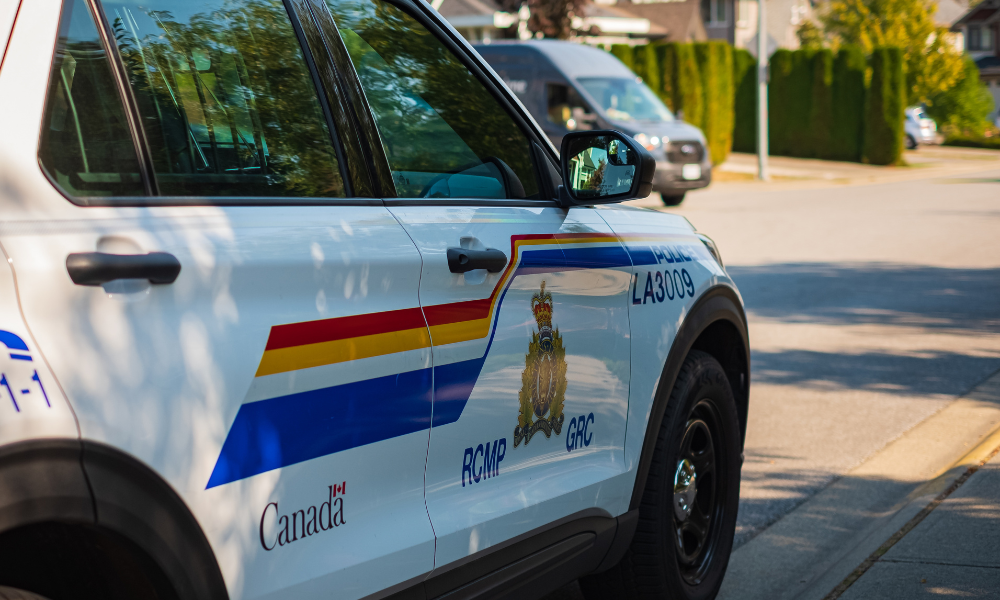WorkSafeBC releases seven key recommendations to tackle challenges

In a significant move to enhance safety in the crane industry, WorkSafeBC has announced a comprehensive risk-reduction strategy aimed at improving crane safety across British Columbia. This initiative comes in response to the increasing number of cranes operating on complex, multi-employer worksites and a slew of recent incidents.
The urgency of this strategy was amplified by four incidents earlier this year, including one fatal, and are also highlighted by the 2021 tower crane collapse in Kelowna, which claimed the lives of five workers. These events have spurred WorkSafeBC to undertake a thorough review of crane safety, informed by input from over 130 crane-sector stakeholders.
"Following a comprehensive review of crane safety, and informed by stakeholder input and feedback, we’ve developed a risk-reduction strategy with recommendations aimed at further improving tower crane safety in B.C.," said Todd McDonald, head of prevention services for WorkSafeBC.
The strategy outlines several key recommendations:
- Review crane operator certification program: Ensure it supports safe work practices.
- Improve training: Enhance training and skills for supervisors, riggers, and workers involved in crane operations.
- Explore employer responsibilities: Consider registration and licensing for employers handling crane assembly, operation, disassembly, or repositioning.
- Increase inspection team capacity: Bolster the staffing and capacity of WorkSafeBC’s specialized crane inspection team.
- Develop new regulations: Address the frequency of tower crane inspections.
- Update occupational health and safety regulation: Ensure regulations meet the needs of complex worksites.
- Support the BC Association for Crane Safety: Equip the association to effectively service workers and employers in the sector.
Increasing inspection capacity
Suzana Prpic, senior manager of prevention field services with WorkSafeBC, emphasized the importance of increasing the inspection team’s capacity: "We have a dedicated team with officers across the province. We are looking at the pace of work and the areas where work is happening and making enhancements to promote the entire program based on the input we’ve received."
When asked about the specific increase in staffing, Prpic stated, "we are currently evaluating the exact numbers. In probably a month from now, we’ll be able to confirm it for you, but it will be a significant increase."
Kelowna crane collapse investigation
Addressing the ongoing investigation into the Kelowna crane collapse, Prpic explained, "the investigation is complete from our end. Once the RCMP process is complete, we will release the full investigation. We’ve integrated some areas into our ongoing instructional practice, so we’re not waiting for the investigation to be released to consider the necessary areas that need attention."
Positive reception from industry leaders
The announcement has been positively received by key industry stakeholders, including the International Union of Operating Engineers (IUOE), which has been among the most vocal critics of the current crane safety regime in the province.
Josh Towsley, assistant business manager of IUOE Local 115, expressed his support saying, "I appreciate the work and resources that have been used to advance these key recommendations to help make the tower crane industry in BC safer for workers, our families, and the public. I look forward to working with WorkSafeBC and industry stakeholders on their implementation."
Brian Cochrane, business manager of IUOE Local 115, echoed this sentiment saying, "these recommendations have been a long time coming— for over 20 years IUOE Local 115 has been highlighting the gaps in crane regulations and safety. I appreciate all the work stakeholders have contributed. When done right, these changes will improve confidence for the industry, workers, and the public, and help further prevent deaths and injuries related to tower cranes."
WorkSafeBC is set to discuss these recommendations with the B.C. Ministry of Labour, SkilledTradesBC, and other industry stakeholders to finalize and implement the strategy. The collaborative effort aims to ensure safer crane operations and prevent future incidents, reinforcing the commitment to worker safety in British Columbia.
As McDonald aptly put it, "with a greater number of cranes operating in increasingly complex worksites, we need to ensure that employers provide the training, supervision, and safe-work practices needed to keep workers safe in an evolving work environment."
This proactive approach underscores the importance of ongoing collaboration and regulatory enhancement in safeguarding the crane industry and protecting the lives of those who work within it.





